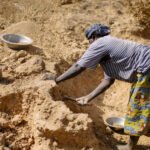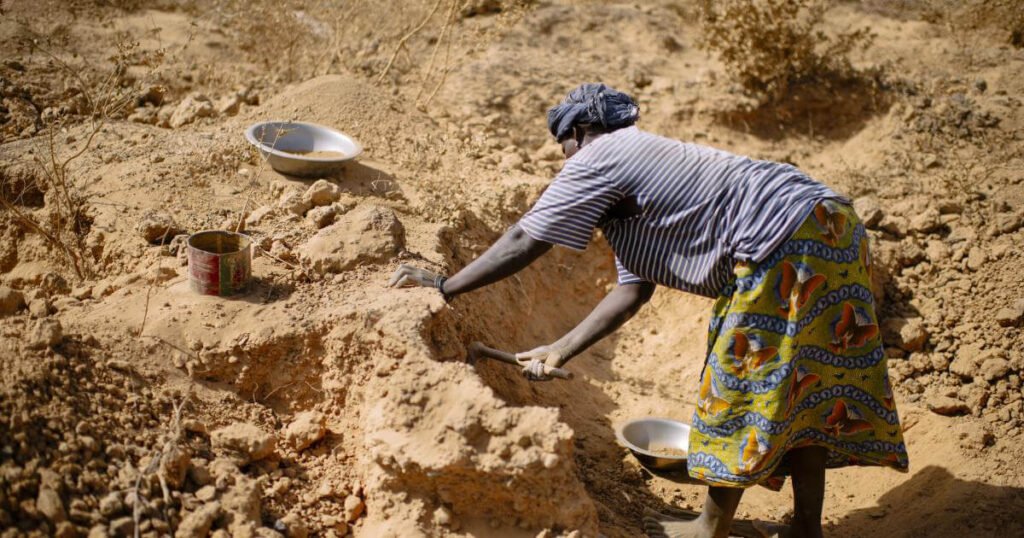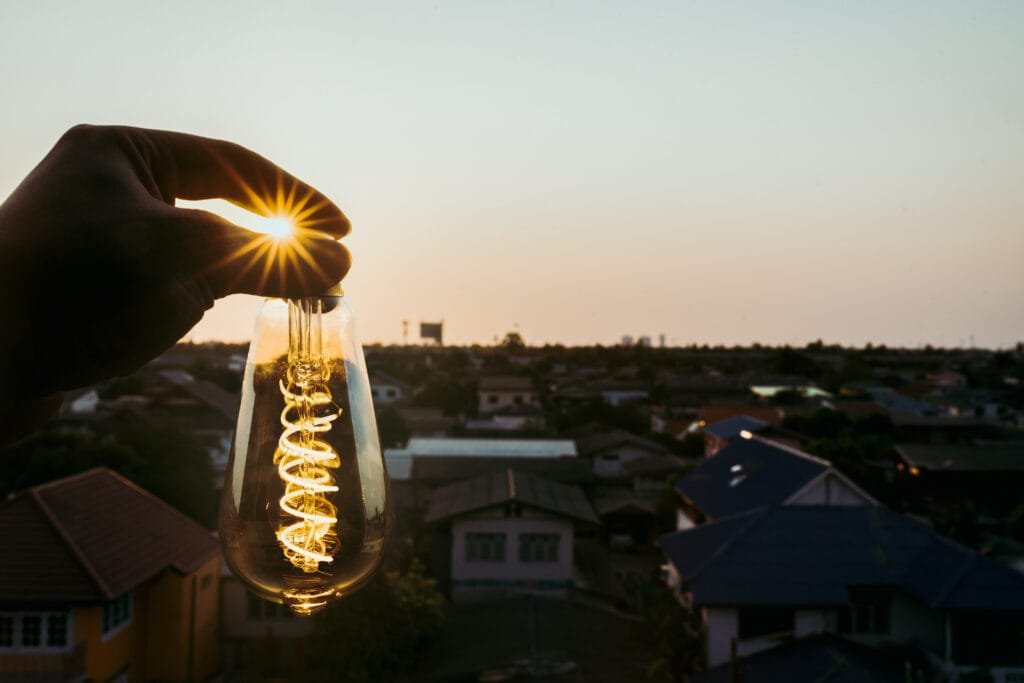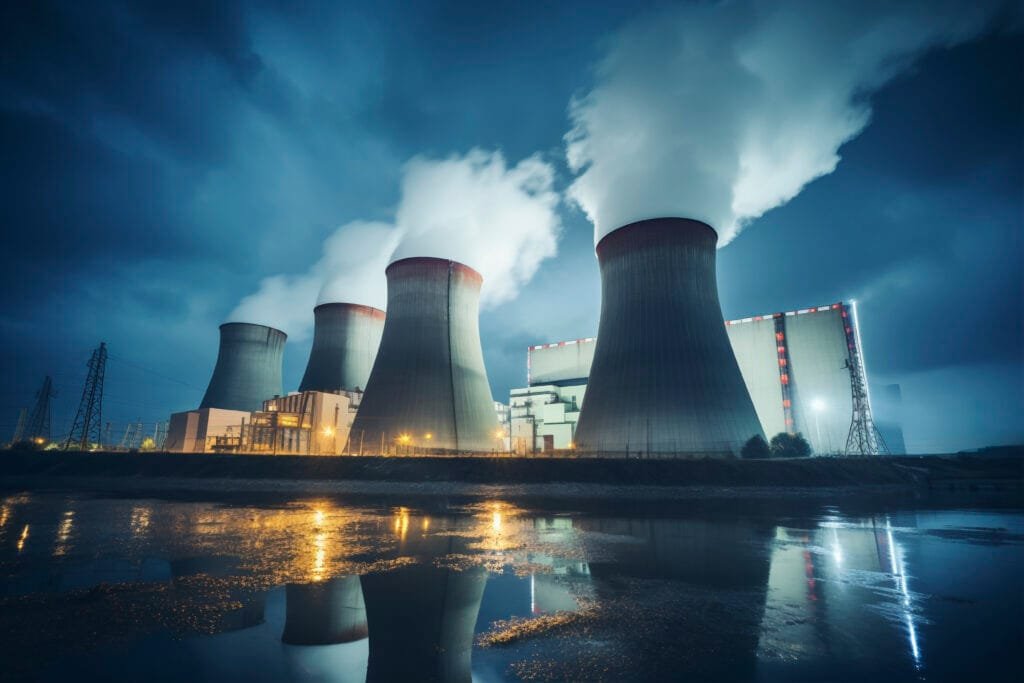In countless villages and bustling urban fringes across Africa, the scent of simmering meals wafts through the air each day — but so does something far more dangerous. Invisible to the eye and often ignored by public discourse, the fumes that rise from firewood, charcoal, and dung-fed stoves are slowly claiming lives. Every year, more than 800,000 Africans— mostly women and children— die prematurely from household air pollution, a silent epidemic caused by unsafe cooking methods. The year 2025, however, is poised to rewrite this deadly script.
Africa stands on the brink of a historic transformation— not in decades, but in just a few years. According to the International Energy Agency (IEA), 2025 could be the year that tips the scales toward clean, safe, and sustainable cooking solutions. At the heart of this change lies a powerful proposition: save 4.7 million lives over the next 15 years by giving African households access to modern, clean cooking technologies. It’s not a pipe dream! It’s a pragmatic, cost-effective plan that calls for political commitment, targeted investment, and collaborative global action.
Four out of five African households still rely on traditional cooking fuels. In rural communities, collecting firewood is a daily task, often performed by women and girls who spend hours walking miles, exposing themselves to physical danger and missing out on education or income-generating opportunities. Meanwhile, urban slums struggle with the high cost of charcoal and the pervasive smoke that fills homes and lungs.
The burden of energy poverty is disproportionately borne by women and girls— robbing them not only of health but of time, safety, and independence. But what makes this even more tragic is the fact that the problem is solvable with existing technology and proven models from other parts of the world.
The IEA’s latest report, Universal Access to Clean Cooking in Africa, outlines a clear, detailed roadmap for how to tackle the crisis. And it couldn’t come at a better time.
2025: More Than Just a Year— A Moment of Decision
What makes 2025 so pivotal? It marks a global inflection point. Africa’s clean energy ambitions have never been more clearly defined or widely supported. At the Summit on Clean Cooking in Africa, held in Paris in May 2024, over $2.2 billion in public and private sector commitments were mobilized. Already, more than $470 million of that has been disbursed, backing real-world projects across the continent.
Even more importantly, 10 out of the 12 African governments that attended the Summit have now adopted or implemented clean cooking policies— a feat that signals serious political will. These policies, coupled with substantial funding and the momentum generated by grassroots activism and international support, could make 2025 the year Africa finally escapes the smoke.
The Numbers Behind the Hope: What Will It Take?
Transitioning Africa to universal clean cooking access by 2040 will require $37 billion in cumulative investment— about $2 billion a year. To put this into context, it’s less than 0.1% of global annual energy investment. The return on this relatively small investment is nothing short of transformative.
The International Energy Agency’s (IEA) roadmap for universal clean cooking access in Africa outlines a transformative vision with life-saving potential. At the heart of this transition is the elimination of household air pollution, which could save as many as 4.7 million lives by 2040.
For decades, millions of African households have relied on polluting fuels like wood, charcoal, and dung, exposing women and children to toxic smoke that leads to respiratory diseases and premature deaths. Replacing these with clean cooking technologies offers a direct and measurable path to improved public health across the continent.
Beyond the health benefits, the clean cooking shift presents a powerful economic opportunity. The IEA estimates that 460,000 permanent jobs could be created in the clean cooking value chain, spanning roles in fuel distribution, stove production, retail services, and equipment maintenance. These jobs would provide not only employment but also skills development, especially for local communities and women-led enterprises. The ripple effect on local economies and entrepreneurship is expected to be significant, making clean cooking a vital driver of inclusive growth.
Perhaps one of the most profound impacts lies in the empowerment of African women and girls. The transition to clean cooking could save them up to two hours per day, time that is currently lost to collecting firewood or tending inefficient stoves. This recovered time translates into an overall productivity boost comparable to the entire annual working time of Brazil’s workforce. Coupled with the potential to prevent 540 million tonnes of CO₂ emissions annually by 2040, the roadmap offers not just cleaner air but a cleaner planet— proving that the fight against climate change can align with the fight for health, equity, and economic dignity.
These aren’t abstract projections. They are rooted in real-world models adapted to Africa’s unique cultural, infrastructural, and geographic landscapes. The roadmap’s country-by-country analysis ensures that clean cooking technologies— whether LPG, electricity, ethanol, or advanced biomass— align with consumer preferences and fuel availability.
Powering Up with LPG and Electricity
One of the central features of the IEA roadmap is its energy mix for clean cooking. It estimates that more than 60% of newly connected households will adopt liquefied petroleum gas (LPG), while the rest will benefit from electricity, bioethanol, biogas, and advanced biomass cookstoves.
Urban areas, where infrastructure is relatively more developed, are projected to achieve near-universal clean cooking access by 2035. Rural communities, although facing more significant logistical challenges, are expected to see steady growth in access throughout the 2030s— provided investment continues to flow.
But clean cooking isn’t just about replacing a stove. It’s about developing entire ecosystems— fuel supply chains, distribution hubs, maintenance services, and public awareness campaigns. That’s why the $2 billion annual investment must be directed not only toward household equipment but also toward fuel storage terminals, electricity grid upgrades, and last-mile distribution networks.
This transition is not just about cleaner air. It’s about reimagining the future of African societies, particularly for women and girls. By freeing up hours spent gathering wood or tending smoky fires, clean cooking empowers women to pursue education, entrepreneurship, and employment. It enhances maternal health, reduces exposure to sexual violence during fuel collection, and promotes gender equity in the most practical way imaginable.
The Dar es Salaam Declaration and the African Union’s Commitment
Momentum is growing. The Dar es Salaam Declaration on Clean Cooking, signed by 30 Heads of State and later adopted by the African Union Assembly, solidifies clean cooking as a continental priority. With Tanzania and the African Union at the helm, Africa is shaping its own narrative— one in which energy access is no longer a privilege but a right.
The African Union’s leadership and alignment with the IEA has been crucial in ensuring clean cooking is now featured prominently in national development strategies, energy policies, and climate action plans. The political commitment is real. The challenge now is to translate it into tangible, lasting impact.
South Africa’s Role and the G20 Presidency
In 2025, South Africa will assume the G20 Presidency — a significant moment for Africa to steer global conversations toward its most pressing energy priorities. Clean cooking should be front and center in those discussions. As geopolitical tensions threaten international cooperation, clean energy access offers a rare area of consensus— one that transcends borders and ideologies.
South Africa has an opportunity to use its G20 platform to mobilize funding, secure international partnerships, and drive coordinated action across ministries, agencies, and financial institutions. If it succeeds, 2025 could be remembered as the year Africa not only shifted global narratives but changed lives on the continent.
Obstacles Remain— But Not Insurmountable
Despite the progress and momentum, significant barriers remain. Fuel affordability, weak last-mile infrastructure, resistance to behavior change, and limited public awareness are just a few of the hurdles.
However, these are challenges that smart policy, inclusive design, and community engagement can overcome. What’s essential is that clean cooking is no longer treated as a fringe issue but recognized as a pillar of public health, economic policy, gender equity, and environmental protection.
Governments must resist the temptation to prioritize flashy grid projects over clean cooking systems that have immediate, measurable impact. Donors and development banks must align their financing frameworks to prioritize access over aesthetics, function over form, and life-saving results over abstract megawatts.
Lighting the Flame— Together
The IEA has pledged to continue tracking the delivery of the 2024 Summit commitments and to report regularly on financing flows and policy outcomes. But Africa cannot walk this path alone.
International partners must match Africa’s political resolve with sustained investment, technical support, and flexible financing models that reach households most in need. The private sector must be incentivized to innovate, scale, and invest in clean cooking solutions. Civil society must be empowered to raise awareness, monitor progress, and hold decision-makers accountable.
The question, then, is not whether Africa can achieve universal clean cooking access— it’s whether we will all choose to act.
There are few moments in history when a continent is offered the chance to save millions of lives, create hundreds of thousands of jobs, reduce its carbon footprint, and empower half its population— all through a single initiative. Clean cooking is not just about replacing a stove or swapping fuels. It’s about lighting a new flame— one that burns with dignity, equality, opportunity, and resilience.









